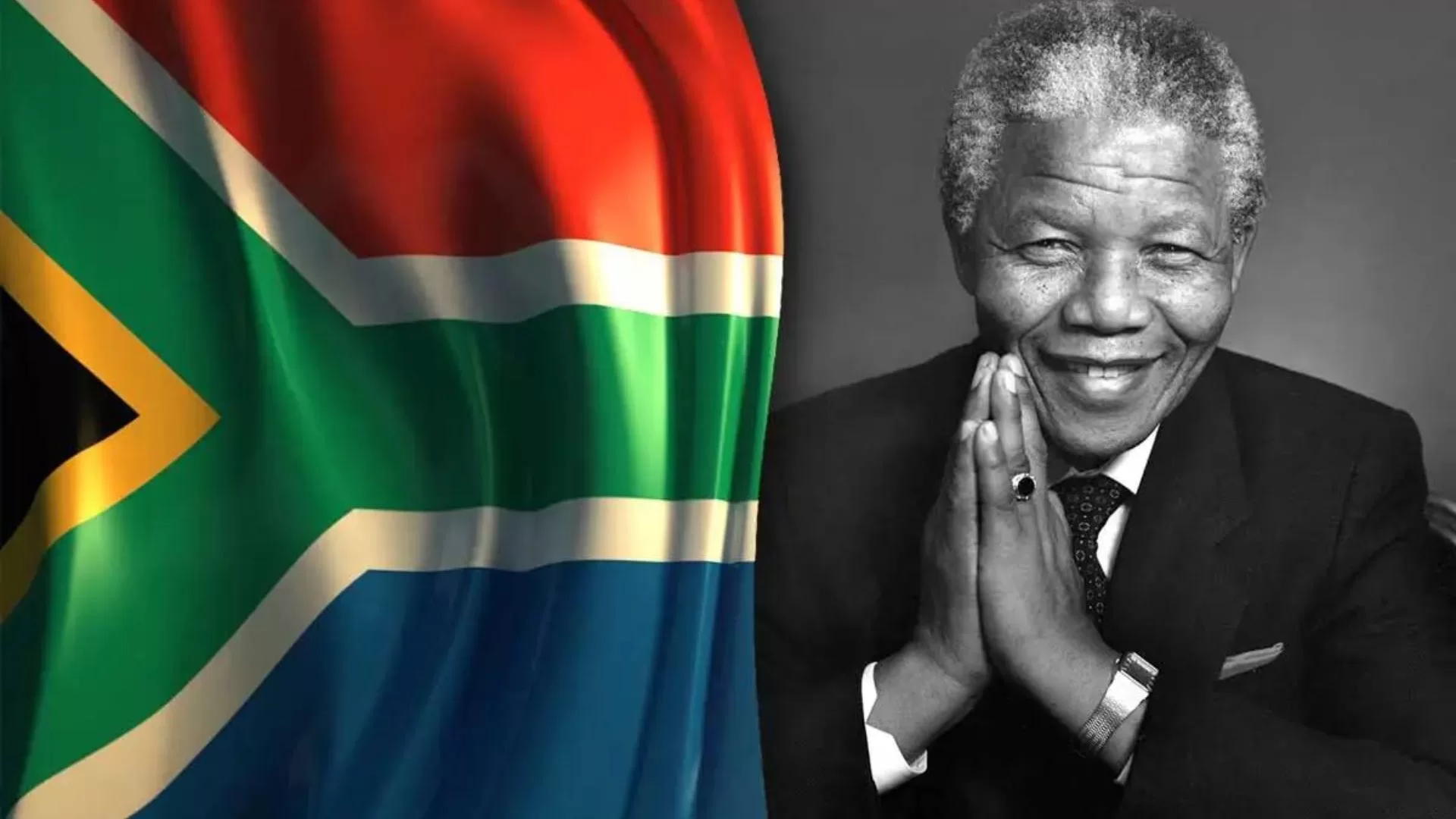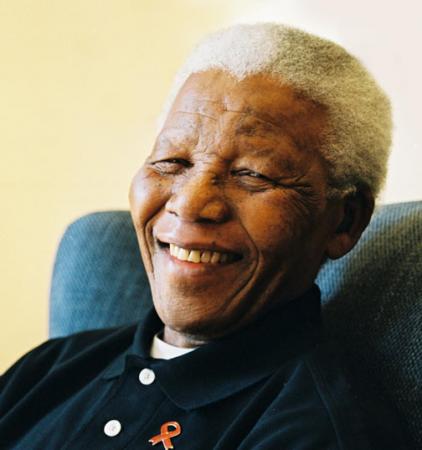
Introduction
Nelson Mandela, the iconic South African leader, remains a symbol of hope, resilience, and the enduring fight for justice. His life story, marked by unwavering dedication to equality and freedom, continues to inspire generations worldwide. In this article, we delve into the remarkable journey of Nelson Mandela, his contributions to humanity . And the enduring legacy he leaves behind. Nelson Mandela A Beacon of Hope
Early Life and Activism
Born on July 18, 1918, in the small village of Mvezo, Nelson Mandela grew up amidst the injustices of apartheid, a system of institutionalized racial segregation and discrimination. Despite facing adversity from a young age . Mandela pursued education, earning a law degree and becoming involved in anti-colonial politics. Nelson Mandela A Beacon of Hope
In 1944, Mandela joined the African National Congress (ANC), a leading anti-apartheid organization, marking the beginning of his lifelong commitment to social justice and equality. His activism against apartheid led to his arrest and imprisonment multiple times . Yet Mandela remained steadfast in his pursuit of a free and democratic South Africa.
The Long Walk to Freedom
Perhaps the most defining moment in Nelson Mandela’s life was his imprisonment on Robben Island . Where he spent 27 years behind bars for his anti-apartheid activities. Despite the harsh conditions of his confinement . Mandela emerged as a symbol of resistance, advocating for peace, reconciliation, and the dismantling of apartheid. Nelson Mandela A Beacon of Hope
During his imprisonment, Mandela’s global stature grew, with international pressure mounting for his release. His steadfast resolve and unwavering commitment to justice captured the hearts and minds of people around the world . Galvanizing support for the anti-apartheid movement.
The Triumph of Democracy
In 1990, after years of international pressure and domestic activism, Nelson Mandela was released from prison, signaling a new era of hope and reconciliation in South Africa. Mandela’s release paved the way for negotiations with the apartheid government, leading to the country’s first democratic elections in 1994.
In a historic moment, Nelson Mandela was elected as South Africa’s first black president, symbolizing the triumph of democracy over oppression. Mandela’s presidency was marked by efforts to heal the wounds of apartheid, promote reconciliation, and build a united nation based on the principles of equality and justice for all.
Legacy and Impact
Nelson Mandela’s legacy extends far beyond his presidency, encompassing his lifelong commitment to human rights, peace, and social justice. His efforts to promote reconciliation and forgiveness have inspired similar movements around the world . Earning him international acclaim and recognition, including the Nobel Peace Prize in 1993.
Mandela’s legacy lives on through the institutions he helped establish, such as the Nelson Mandela Foundation, dedicated to promoting his values and principles. His life story continues to be studied and celebrated, serving as a reminder of the power of resilience, courage, and determination in the face of adversity.
Conclusion
In conclusion, Nelson Mandela’s life journey is a testament to the indomitable human spirit and the enduring quest for freedom and equality. His legacy serves as a beacon of hope for future generations, inspiring us to stand up against injustice . Embrace diversity, and work towards a more just and equitable world. As we commemorate his legacy, let us honor Nelson Mandela’s memory by continuing the struggle for justice and equality in our own communities and beyond.
